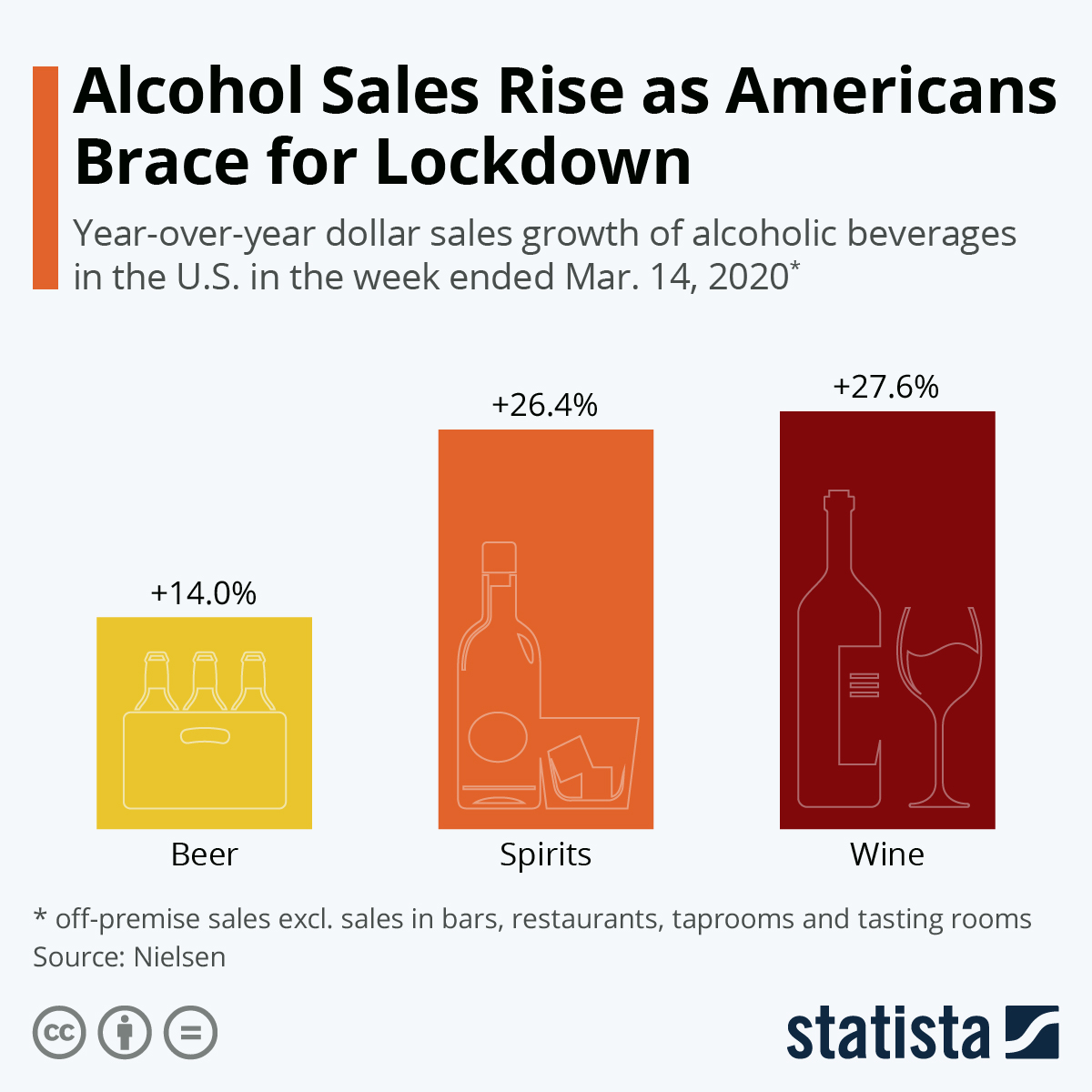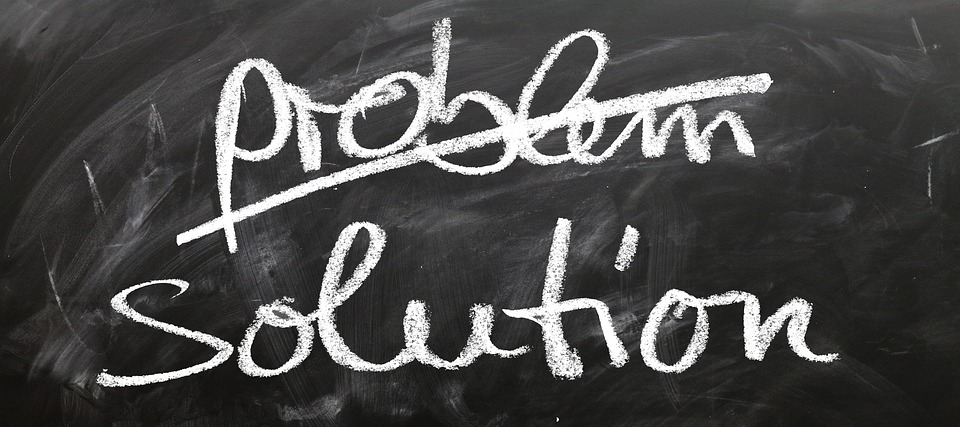
Let’s face it. The coronovirus took the country by storm and is still storming in so many ways. Lockdowns, self-isolation, new routines, boredom and stress have all been part of the “coronavirus experience.” It has changed how we live our lives, how we interact with others, how we work, how we go to school and how we socialize. And with this, there has been a price to pay. Most of us have experienced some changes on an emotional, mental and physical level since the coronovirus came to the forefront 9 months ago. No one really had any idea how this would all shake out, but now we do.
THE DATA
According to a Kaiser Family Foundation poll, nearly half of Americans reported that the Covid-19 pandemic is harming their mental health. A federal emergency hotline for people struggling with mental health or stress issues reported a 1,000 percent increase in April 2020 compared with the same time last year. In May 2020 approximately 20,000 people texted that Substance Abuse and Mental Health Services Administration hotline. Talkspace, an online therapy company, also reported a 65 percent increase in clients from February to May 2020. What’s even more interesting is that the transcribed therapy sessions collected anonymously by the company show coronavirus-related anxiety dominating patients’ concerns. We already had an 18% rate of anxiety disorders in America acccording to the Anxiety and Depression Associate of America. So if we simply connect some of the dots, we would predict an increase in anxiety and mood disorders during the Covid-19 pandemic. Also, it would seem to make sense that the longer the coronavirus crisis goes on, the more we will see increased anxiety and depression disorders with both children and adults.
THE PROBLEM – PANIC
There is so much Covid-19 pandemic news in social media and on television that it can spin people into information overload. We are seeing this with increased anxiety symptoms with people who watch more news about the coronavirus. Mental-health experts are especially worried about the ongoing economic problems long term and how this might impact future mental health. Research has established a strong link between economic downturns and suicide and substance use. A study of the Great Recession found that for every percentage point increase in the unemployment rate, there was about a 1.6 percent increase in the suicide rate.
THE RESULT – DRINKING THROUGH THE PANDEMIC
According to Nielsen data off-premise sales of beer, wine and spirits increased by 14, 28 and 26 percent, respectively, in the week ending March 14 compared to the same period a year ago.
 Retrieved from Statista
Retrieved from Statista
So how do we make sense of all this drinking? Well if we know drinking alcohol can temporarily alter our mood, then it would make sense that people who are feeling isolated, alone and that their entire life routine has been altered, might reach out for a temporary escape or “mood alterer.” Let’s face it people don’t like to live in a state of uncertainity or stress constantly. It might be natural to drink a bit more to temporarily take the edge off of our mood or to put us into a new state of feeling/fun during these times. When I think of all the people I worked with who had an alcohol addiction, they often talked about the benefits of altering their mood on some level. This is the value alcohol and drugs can bring to the table for many people during the Covid-19 pandemic. The ability to temporarily take us away – like a good movie, good book or a good conversation with a friend or family member. We know that alcohol does have a short term positive impact on altering people’s mood, helping them let down their guard as it lowers inhibitions and helping people forget about our stress or worries. So would it be a far stretch to see an increase in alcohol consumption during the pandemic? I mean people’s lives have been majorly disrupted with great deal of uncertainity and stress.
THE QUANDARY – HOW MUCH IS TOO MUCH?
So what does the increased alcohol consumption of cheap beer and liquor mean during the Covid-19 pandemic?
Maybe we are smart people that seek out something that might work, at least in the short-term. With our jobs on the line and our stress up, we reach for something to take us away or lessen or stress, anxiety or depression symptoms. Some people could be struggling to live above the poverty line and don’t have extra money laying around. Others could be unsure of whether their job is going to be cut and they are going to end up in the unemployment line. Maybe this is why some people buy cheap Bud Light as it is a quantity over quality thing at this point.
But what might we be missing?
Well if you have a problem with alcohol already, this could cause that problem to re-emerge or get worse. So if you have had some problems with alcohol in the past, now is probably not the time to amp up your drinking. If you don’t have an alcohol problem, but are drinking 3 to 5 times a week be careful.
The Substance Abuse and Mental Health Services Administration (SAMHSA), which conducts the annual National Survey on Drug Use and Health (NSDUH), defines binge drinking as 5 or more alcoholic drinks for males or 4 or more alcoholic drinks for females on the same occasion (i.e., at the same time or within a couple of hours of each other) on at least 1 day in the past month. In my clinical experience, people develop patterns of increased drinking over time and the disease of alcohol addiction will typically have a progression. Drinking typically increases over years and begins to take a foothold in people’s lives. Alcoholism will begin to impact different areas of life as it progresses. These areas can range from relationship problems to occupational or psychiatric problems. It is important to monitor your drinking frequency and amounts and begin to evaluate if you are beginning to drink more and more to deal with life. One of the Diagnostic Statistical Manuel -V criteria for an alcohol use disorder is increased tolerance to alcohol. Increased tolerance is evident when one needs more drinks over time to achieve the same alcohol related buzz you would get years ago. You are ultimately in control of your life, so a good first place to start is with monitoring your drinking. What is your pattern of drinking? Are you drinking more to deal with stress, your job or your relationships? Does your confidence wane when thinking about giving up drinking for 30 days?
So do we just throw caution to the wind and keep drinking our way through the coronovirus pendemic? We could and we might get through this by feeling pretty good if alcohol does a great job for us and we go back to our normal drinking patterns with all forgotten and forgiven. Or we could embrace this challenge reluctantly, but with our best foot forward and face this drinking challenge head on with a great attitude. But what if some of us cannot at this point? Not everyone can access this type of thinking. What if we are struggling with a clinical depression or anxiety disorder that maybe only medications can regulate or in need of intensive therapy to gain the necessary skills to emotionally regulate, to gain critical coping skills and to acquire critical support.
So what can we do if we are struggling with a mental health issue? You can take action and get evaluated by a licensed professional counselor. Meeting with a skilled mental health counselor can help you make sense of a clinical depression, anxiety or serious mental health problem and help establish a treatment plan to improve your situation.
And if we put our own best foot forward, maybe things could get a little bit better. We have lived 9 months with the pandemic and have gained valuable experience about how to adapt ourselves and our lives. Why not use that learning and experience to good use and re-evaluate our coping mechanisms. Let’s keep the things we have done that work and throw the other things that did not work out. Why not use certain key questions to help us better understand ourselves and our relationship with alcohol by answering them openly and honestly?
ASK KEY QUESTIONS?
- What positives does drinking have for you?
- Do you drink to escape boredom?
- Do you drink to alter your mood and escape you life temporarily?
- Do you drink to avoid dealing with feelings or people?
- What does drinking do for you particularly in the short run (that night) and in the long run ( the next morning).
- If you feel guilty the next morning and the temporary escape with alcohol did not work, then what else could you do?

DO AN ACTIVITY: What positive activities could you do during the day to improve your mood?
- Regular exercise such as running or biking
- Walks with friends
- Getting back to our hobbies
- Reading or listening to a good book
- Spending time with loved ones
- Family picnic in nature
-
-
CULTIVATE A POSITIVE MINDSET: What thoughts do you think of the most?
- It is good to examine what type of negative thoughts you have on a daily basis. Are they negative, anxious or hopeless?
- What can you do to shift this thought process?
- Can you challenge these thoughts by thinking about the things you are grateful for and your past positive experiences?
- Can you challenge “should” thinking or “all or nothing” thinking?
- Can there be new possibilities in our life despite the Covid-19 restrictions and forced lifestyle changes?
START WITH A DECENT ATTITUDE: What attitude do you start your day with and end your day with?
- Paying attention to your thought process and attitude is important when you start out our day, when you check in with ourselves half way through the day and then at the end of the day. Let’s face it attitude can be effected by the course of the day. You will encounter negative experiences and set backs, but does that have to color your entire day?
- Can you make allowances for yourself to change your attitude from negative to positive or even negative to neutral? Don’t you deserve a second or third chance at changing your attitude?
- Why not have a gratitude statement of the things and people you are grateful for in the morning and at the end the day to cultivate positive emotions and hope.
PROMOTE POSITIVE EMOTIONS: What kind of emotions do you want to cultivate?
- Do you want to be sad, depressed and hopeless most of the day and reminence on how many things Covid has taken away from you or do you want to attempt to stay forcused on the present and what you can do for yourself in the moment. Afterall, the present moment is really all you have.
- You can’t go back to the past and change things and you can’t go forward into the future. You really only have the present moment and what you are going to choose to do. And what you choose to do can have a large influence on your emotions?
- Do you surround yourselves with happy, optimistic people or do you surround yourself with negative minded people?
- Do you decide to continue to isolate yourself or do you reach out and call someone to feel more connected? You have a large influence on your emotions so lets DO something to influence these emotions.
DEVELOP SUPPORT: What are you doing to stay connected to people and have faith?
- What are you doing each day to cultivate your connection with others?
- Are you making additional contacts during this stressful time?
- Are you isolating ourselves?
- Are you staying in contact with our postiive support people, friends and communities?
PRACTIVE SELF LOVE: How are you loving yourself and forgiving yourself for some of the mistakes you have made? We have all made mistakes.
- What are you doing to ask for what you need?
- What are you doing to practice self forgiveness and self love?
- What are you doing to promote positive feelings about yourself? The stronger you are, the stronger you will be for others.
The idea here is that we are going through a hard and difficult time with Covid-19, but the virus doesn’t have to determine your entire life. You still have some control. Why not take control of your life and step forward into the best version of yourself? Why not learn and grow during this time? And most of all, can you use this stressful time to increase your own inner and outer strength?
References
https://www.talkspace.com/blog/coronavirus-talkspace-resources/
https://www.bbc.com/news/newsbeat-52025220
https://pubmed.ncbi.nlm.nih.gov/24973571/
https://www.statista.com/chart/21252/alcoholic-beverage-sales/
https://www.niaaa.nih.gov/alcohol-health/overview-alcohol-consumption/moderate-binge-drinking


Leave a Reply